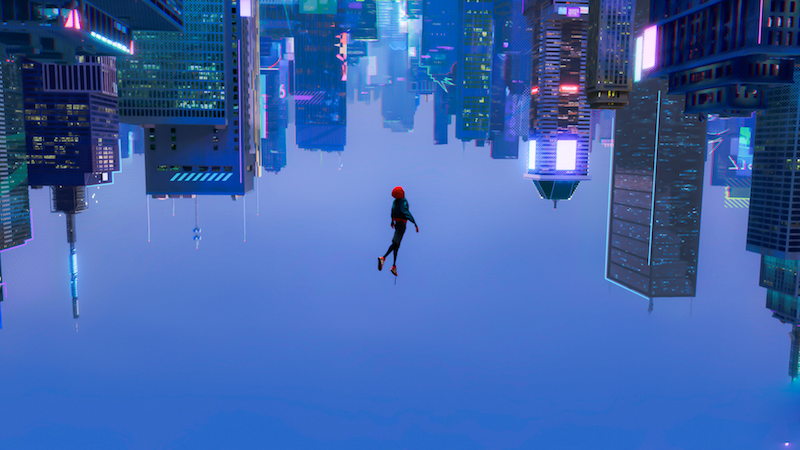The Cinema of Sound.

Making my first short film, Our Kind of Love, was akin to going to film school. Everything was new and exciting and most important of all, hard.
It was a challenge. And I was pushed into the deep waters of cinema. To sink or to swim. Either one was a good thing.
The first lesson I learnt was the importance of sound.
During the edit of OKOL, my editor explained that the film begins at frame 0. Regardless of what is on screen, the soundscape starts from that very first Frame. That’s the frame our film world is born in. Therefore even if the screen is black for the opening credits, there is no reason why we shouldn’t open the film through sound.
I have since grown to learn that what we see on screen goes through our eyes and into our brains. But what we hear travels through our ears, and into our hearts.
Consider the problem once faced by BBC radio producers* who wanted to open a segment with the soundtrack of a busy street heard in the night. They sent a crew to record these sounds for real but once back in the studio, they realised the track was completely unusable, a mush of incomprehensible noises.
They realised that for this to work, they would have to record each sound individually (the sounds of cars, the screeches of brakes, the thumps of footspteps on concrete, chatter of passersby and so forth). When these sounds were very carefully orchestrated on different tracks and put together and mixed in a considered and carefully balanced design, the effect of what the engineers had heard on location was recreated.
This is because sound influences what you see. The mind’s ear, like the mind’s eye can select what it chooses to hear and be deaf to waht it considers irrelevant.
So next time you find yourself watching a film, pay close attention to the sound. Admire the fact that what you hearthat has taken great skill and artifice in order to mimic the real world, and satisfy your mind’s ear.
*Source: On Filmmaking by Alexander Mackendrick [2005]